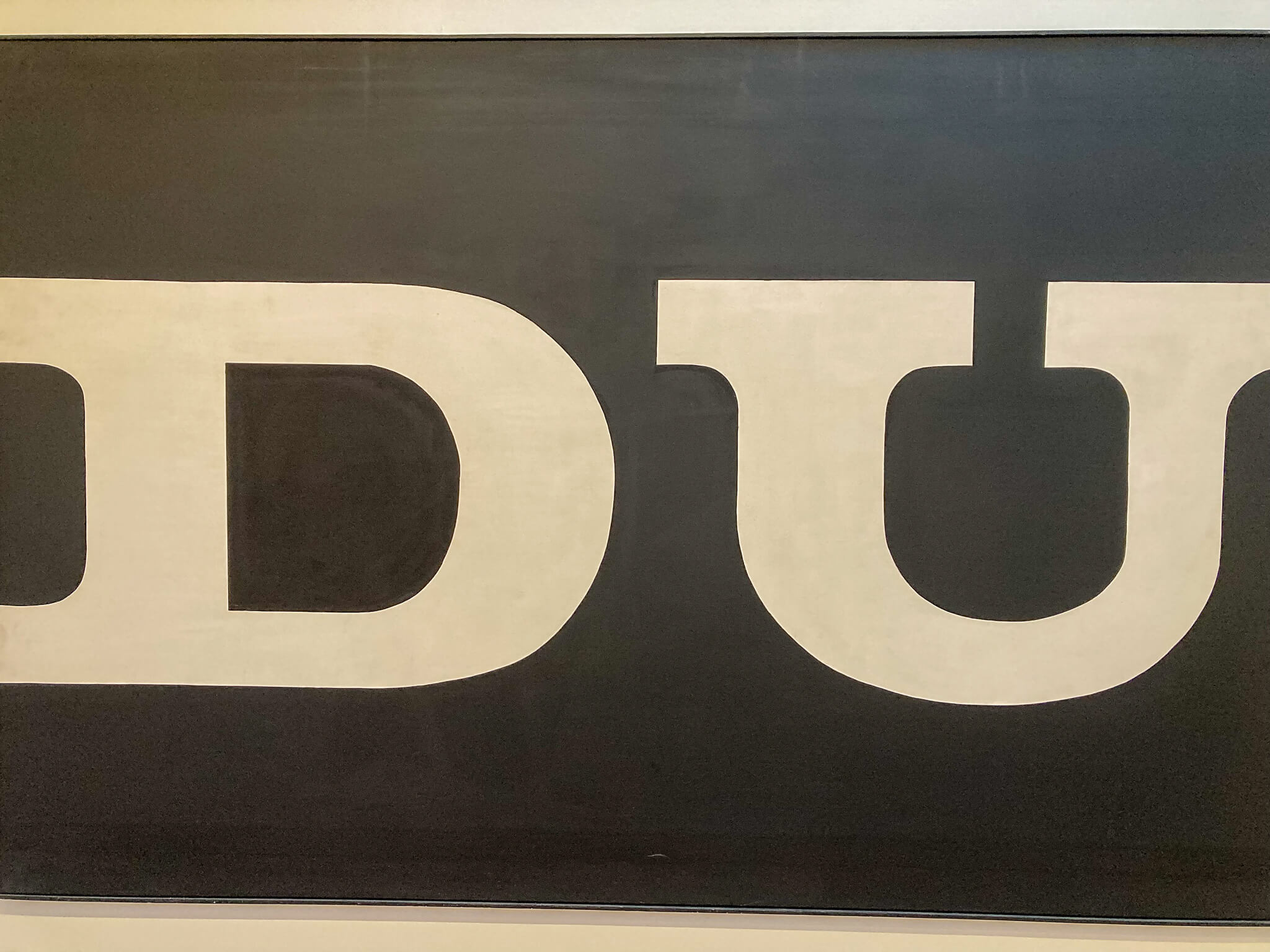You're Not Allowed To Disagree With Me! (Newsletter 018)

Greetings friends.
I have only recently taken to social media. For most of my professional life, I avoided it and other non-work pursuits because I considered them distractions. And anyway, I was too busy. See In Case You Are Too Busy To Read This. I still consider social media a distraction, but having spent some months experimenting I can report that it is far more than that.
I am reminded of how Charles Dickens opened his 1859 novel A Tale of Two Cities:
It was the best of times,
it was the worst of times,
it was the age of wisdom,
it was the age of foolishness,
We have the promise of the global internet laid out before us, and the flowering of the world's knowledge is being realized before our eyes. Truly we have the best of times and are living in the age of wisdom. Consider what the tech giants each say they have set out to do for humanity:
- Google says its mission is to "organize the world's information and make it universally accessible and useful."
- Twitter says it aims to "give everyone the power to create and share ideas and information instantly without barriers."
- Amazon says it wants to be "Earth's most customer-centric company, where customers can find and discover anything they might want to buy online."
- Facebook's mission is "give people the power to build community and bring the world closer together."
While there is no doubt that these are noble missions, we are seeing increasing evidence that there is a concomitant cost to pay. Good intentions are delightfully easy to hold, and they sure make you feel good about yourself. But good intentions are just the starting point. You must also ask whether your good intentions have achieved the intended outcome. It appears that big tech is providing an excellent illustration of the law of unintended consequences.
Google. To organize the world's information, Google first has to get their virtual hands on it. So we are now tracked online and via our smart phones in ways that would have made prior police states slather with envy. We've almost entirely traded away our once fundamental right to privacy for the false promise of easy searching. "Why is this a false promise?" you ask. "Doesn't Google deliver exactly that?" Well, perhaps, as long as your search relates to topics that do not run against the current orthodoxy of mainstream thought. Google has a heavy thumb on the scale if you search about certain medical topics, political topics, conspiracy theories, and more.
Twitter. Twitter apparently decided that letting "everyone" share ideas instantly without barriers does not extend to people whose speech they disagree with. For example, they suspended the account of the sitting President of the United States shortly after the January 6 Capitol Hill trespassing incident. Their explanation highlighted Twitter's concern of how other people were interpreting President Trump's remarks. Got that? It's not what you say necessarily, but how people interpret what you say, that will get you banned:
After close review of recent Tweets from the @realDonaldTrump account and the context around them — specifically how they are being received and interpreted on and off Twitter — we have permanently suspended the account due to the risk of further incitement of violence.
Amazon. Amazon has become wildly successful by delivering on its mission to be a customer-centric company. They have, however, compromised on their promise to allow customers to "find and discover anything they might want to buy online" by actively censoring the sale of certain books, such as "When Harry Became Sally," and "Irreversible Damage: The Transgender Craze Seducing Our Daughters," as well as books by authors associated with hate groups like the Klu Klux Klan and the American Nazi Party. Even more worryingly, at the beginning of this year Amazon (and Apple and Google) summarily booted the conservative social media platform Parler from their web servers and app stores.
All this is necessary, some will say, because of a virtual flood of "fake news" and misinformation. Because fake news is more interesting than the truth, it tends to spread more quickly and widely. But will we really allow private companies to determine what is acceptable speech in the name of ensuring no one can question the consensus view?
We have already done so. Witness the amazing spectacle of former free speech advocates such as the ACLU who now remain silent because they've taken sides against the views being suppressed. This is the same organization that once defended the rights of neo-Nazi's to march in support of their views. A democratic society's commitment to freedom of speech cannot be fair-weather only, dependent on whether the speech aligns with the consensus. For a reminder of why this is so, see Freedom of Speech.
Facebook. I haven't forgotten about Facebook (now Meta, I guess), the world's largest purveyor of both real news and fake news. Do you think Facebook's directors are asking themselves these days in the board room whether they are delivering on their mission to "bring the world closer together"? In defense of Facebook, they might reasonably say "We never said that bringing people closer would make them like each other." After all, the old proverb tells us that "familiarity breeds contempt." The more people interact with each other on Facebook, the more we see bitter divisions opening into chasms of bad behavior.
It is hard not to conclude that we are also living in an age of foolishness, if not the worst of times. To continue with Dicken's introduction:
it was the epoch of belief,
it was the epoch of incredulity,
it was the season of Light,
it was the season of Darkness,
How ironic that in our age when all knowledge is accessible, we are less sure than ever about whom or what to believe. Even asking a genuine question is treated as a sign of dissent. This is what I mean with today's title. The reaction I often see on social media to questions, dissenting comments, and challenges of any kind is pure outrage. Outrage that someone would dare hold a different view, or even question the wisdom of the favored view. Asking whether a desired approach has costs as well as benefits, for example in the context of climate change, causes immediate cries of "Denier!"
"Don't you know the truth? Don't you know I am right?" Challenging an idea is tantamount to challenging the person themselves, and the values they hold dear. Hence, my observation about the rules of social media is that if you want to avoid controversy, "you're not allowed to disagree with me" is the safest course.
While this may be the safe course, it is also a useless course. It is the way for cowards. In Moral Letter 035 On Like Minds, I discuss the difference between a true friend, who will tell you when you have strayed from the course, and a false friend, who will tell you all is well even when it is not. Ask yourself, which one do we reward? On social media, cowards gain friends, while those who show independence of thought and courage are shunned.

If you are courageous enough to refuse to say things that you do not believe, there are two ways for you to proceed. You can depart from the scene, and not take part in the discussion. Fools will always find something to rage about. You don't need to add your voice to the throng. Another path is to spend enough time with your thoughts and your convictions to become confident in them. I discuss this in Moral Letter 036 On Defining Your Own Success. This allows you to define for yourself what is important:
To do what everyone does requires no thought and little effort. To follow your own mind, especially when it directs a course that goes against all others, is the greatest achievement.
The human race makes progress because of mavericks and dissenters. Consider this before you join a social media mob shouting down someone you disagree with.
If we would only look at it, we could learn from ample historical precedent on what suppressing speech leads to. This week I went back to someone who knew all too well, and fought against tyranny at great personal cost, Alexander Solzhenitsyn, and his wonderful 1974 essay Live Not By Lies.

In the same spirit as the Moral Letters, i.e. to create a new version reflecting our modern times and challenges, I wrote Hold Fast To Truth. It carries a personal message for each of us, and I hope we hear it in time.
Be well.







Member discussion